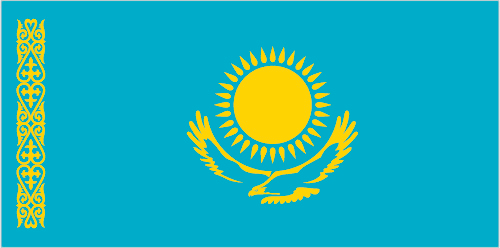Kazakhstan completed its TNA in 2017. The TNA addresses the imminent need for action through the implementation of technologies such as water metering and irrigation.
The TNA also led to a prioritization of efficient coal combustion technology. The increased efficiency will minimize greenhouse gasses and particularly NOx emissions. The Technology Action Plan details a project aiming to reduce coal dust by 180,000 tonnes in the town of Ekibastuz, a city of roughly 120,000 residents.
The backbone of Kazakhstan’s economy rests on abundant fossil fuel reserves. Despite efforts to diversify the economy, 2017 saw a 10% increase in oil production.
Kazakhstan has a large agriculture sector based on mainly grain and livestock. Agriculture areas are diminishing, as pollution from pesticides and toxic substances, as well as degraded pastures and erosion, render large parts of the country unsuitable for agriculture. So far there has been a total loss of 60 million ha, increasing annually by 250,000 ha.
Both water metering and irrigation were previously unused in Kazakhstan despite their great conservation potential, as agriculture accounts for 70% of total water consumption. Drip irrigation, together with metering systems shows how Kazakhstan’s water management could adapt to its current and future climates.
Kazakhstan’s TNA contributes to the following Sustainable Development Goals:







